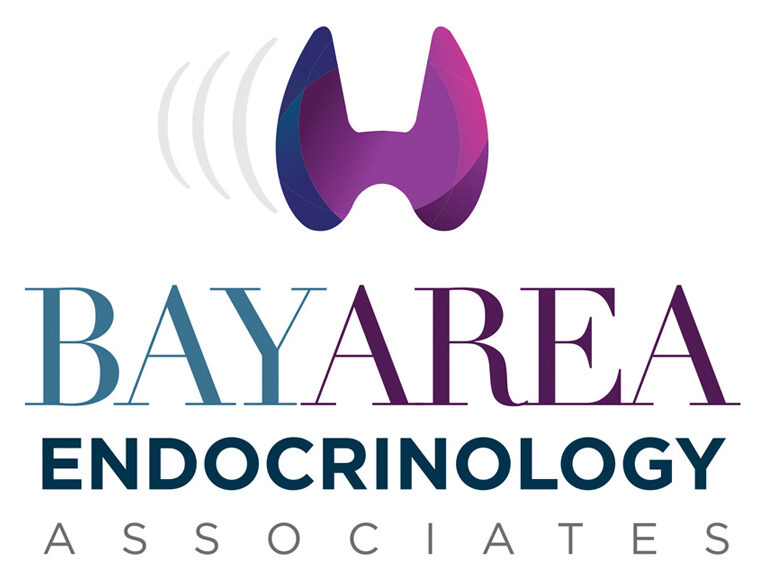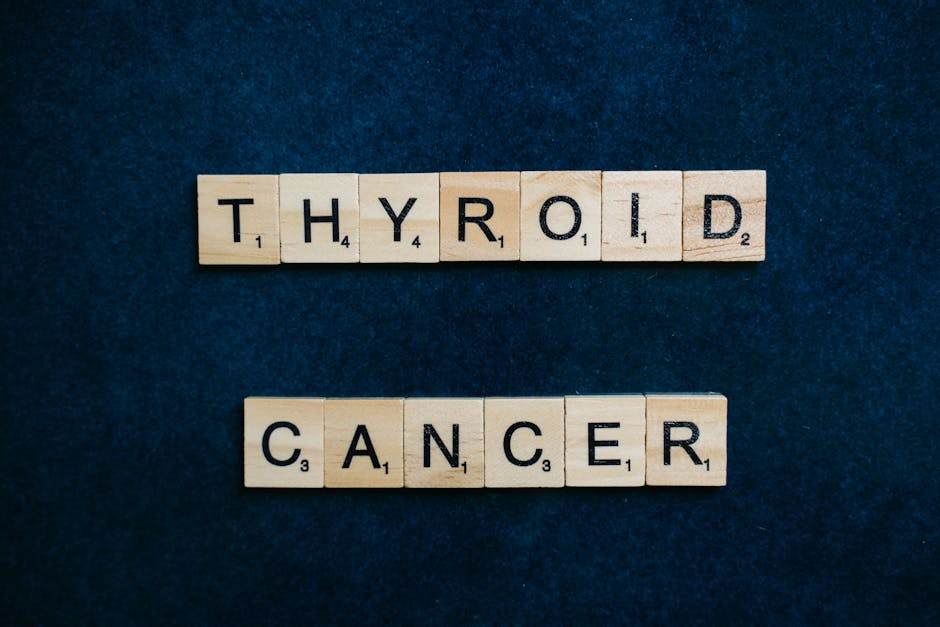Abnormal growths or lumps can form within the thyroid gland, causing nodules. These nodules can grow and be noticeable since they’re located in the front of the neck. Most people automatically think these growths are cancerous, but not all nodules are malignant. The lumps vary significantly in size; some are hard, while others are filled with gel or fluid-like substances. These nodules have different causes and characteristics, and while some are cancerous, many are benign. There’s no reason to be alarmed if you lump your neck, as they usually don’t cause significant health problems. However, you must have these nodules checked by an endocrinologist and monitored continuously. Since there is a potential for cancer, a doctor must give a thorough evaluation to ensure there’s no danger.
Different Types of Nodules
There are numerous nodules, each with unique characteristics and risk factors. At Bay Area Endocrinology Associates, we see all sorts of nodes in the neck, and here are some of the ones that we commonly treat in our office.
•Colloid: The most common nodule is the colloid. These growths are very slow and occur over an extended period. They grow deep within the follicles and are made of a gel-like substance.
•Cystic nodes: These are little fluid-filled sacks. When the growth reaches a certain size, it becomes a lump or cyst. In most instances, cysts are not dangerous and nothing to worry about, though they can grow large enough to cause discomfort and must be removed.
•Inflammatory Response: Inflammation can wreak havoc on the body. Autoimmune conditions like Hashimoto’s thyroiditis bring about these changes. It’s often called chronic lymphocytic thyroiditis, which occurs when the body attacks and destroys the tissues within this vital gland. The destruction causes inflammatory responses, which causes these lumps to grow.
• Iodine Deficiency/Abundance: Too much or too little iodine in your system can cause nodules. The thyroid needs minerals to produce hormones, and lumps form when there is either a deficiency or an abundance. We don’t see many cases here, as these are primarily seen in regions with low-iodine diets.
Risk Factors
Many factors contribute to the formation of nodules, and one of the major components is genetics. If your parents had these lumps in their necks, you have a greater chance of developing them. A family history of these disorders always increases the chances of complications and is something that a doctor will evaluate. Here are some other risk factors to consider.
1. Hormonal Changes
Any change in hormone levels within the body can cause lumps and bumps to form. Women are especially susceptible because changes in progesterone and estrogen are common. Hormones significantly impact this gland’s function, and levels that are out of whack can cause nodule growth.
Women are more likely to develop these growths during pregnancy or menopause as their hormone levels fluctuate. Additionally, it’s more common for a lady to develop them after the age of 60, as estrogen levels plummet.
2. Smoking
There are many dangers to smoking, but most people associate those dangers with lung and mouth issues. However, all the glands and organs in the body are affected by the toxins absorbed by smoking. Many studies have shown that nodules and thyroid cancer occur more frequently in smokers.
3. Radiation Exposure
Children and young adults exposed to high radiation levels are more likely to develop nodules when they are older. There are many ways to be exposed to radiation, and the amount in a simple X-ray is usually insufficient to warrant such lumps.
Remember that nodules can be benign or cancerous, and an endocrinologist should evaluate any neck changes. The treatment will depend on the nodule’s size, exact location, and accompanying symptoms.
What Are the Effects of Thyroid Nodules on Your Well-Being?
Since there’s so much variation in the nodules and their size, the impact they have on you can also vary. Some people have no symptoms, while others might have pain or problems swallowing food. Here are some symptoms we typically see with these lumps.
•Neck Discomfort: One of the most common issues is neck discomfort. When the nodule grows and puts pressure on the area, it can cause varied pain levels.
•Swallowing Issues: When the nodule becomes large, it puts pressure against the esophagus and challenges swallowing.
•Breathing Difficulty: A large nodule can press against the trachea and cause breathing complications.
•Voice Changes: The laryngeal nerve is in the neck, so a larger lump can press on this nerve and make the voice raspy or hoarse.
•Hormonal Imbalances: The most common problem observed with nodules is they cause an imbalance in hormone levels. An excessive amount of production can lead to hyperthyroidism or hypothyroidism. People with these issues might have an increased heart rate, anxiety, weight loss, temperature intolerance, depression, constipation, and fatigue.
Should Nodules Be Removed?
Many factors influence a doctor’s decision to remove or leave a nodule alone. Tests must be run to determine the nodule’s size and exact location, whether it’s complicating breathing or swallowing, and whether it’s cancerous. Our endocrinologist will perform diagnostic tests such as blood work, fine-needle aspiration biopsy, and ultrasounds. He may recommend surgery, medication, or other interventions based on the specific circumstances.
If you have a nodule in your neck or ongoing thripid issues, an endocrinologist must evaluate you. At Bay Area Endocrinology, Dr. Pedro I Troya specializes in thyroid gland disorders and has in-depth knowledge of nodules. Consulting with an experienced health professional can give you a thorough evaluation and guidance on the best course of treatment for your case. Contact us today at www.thyroiddoctortampa.com.








